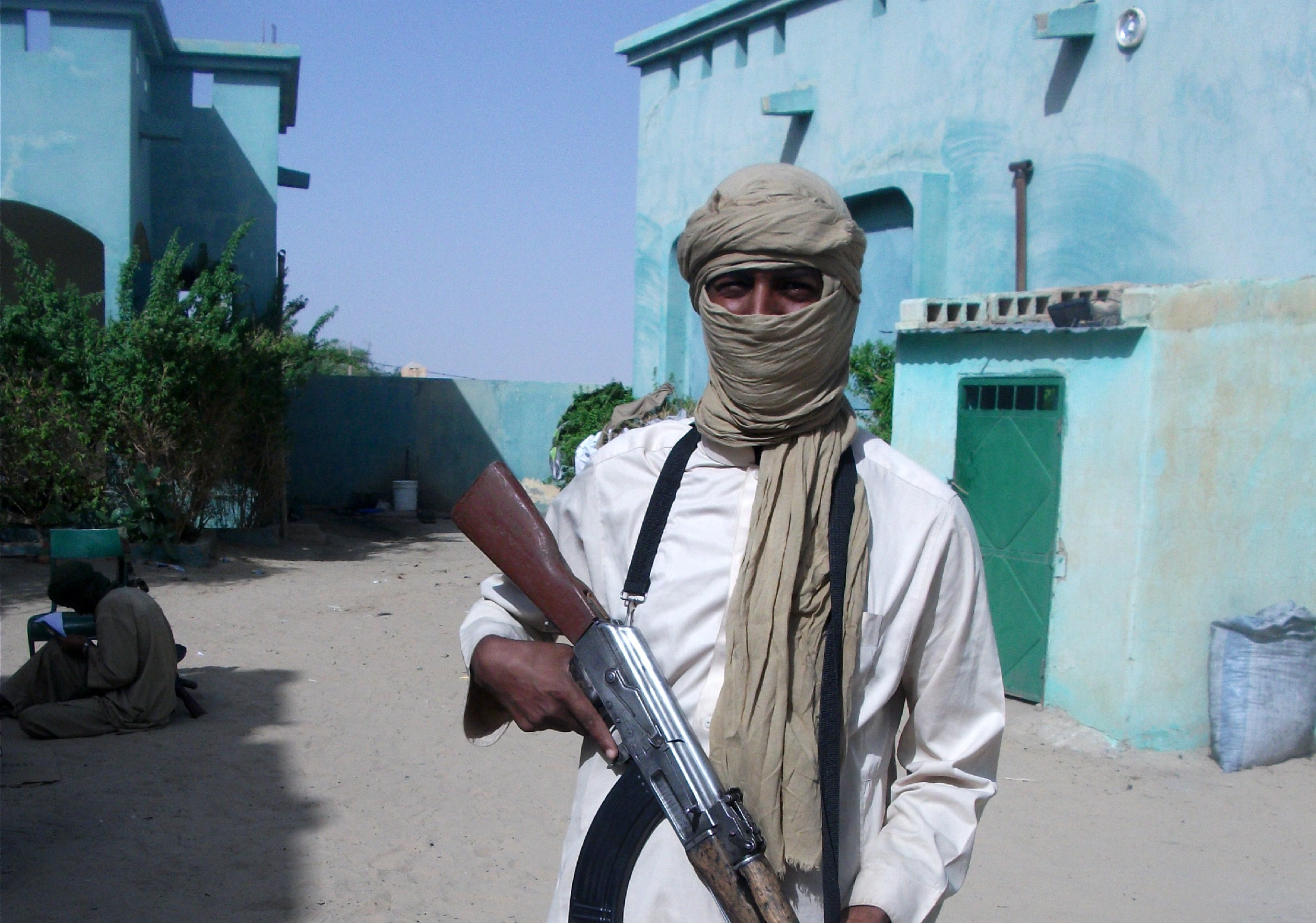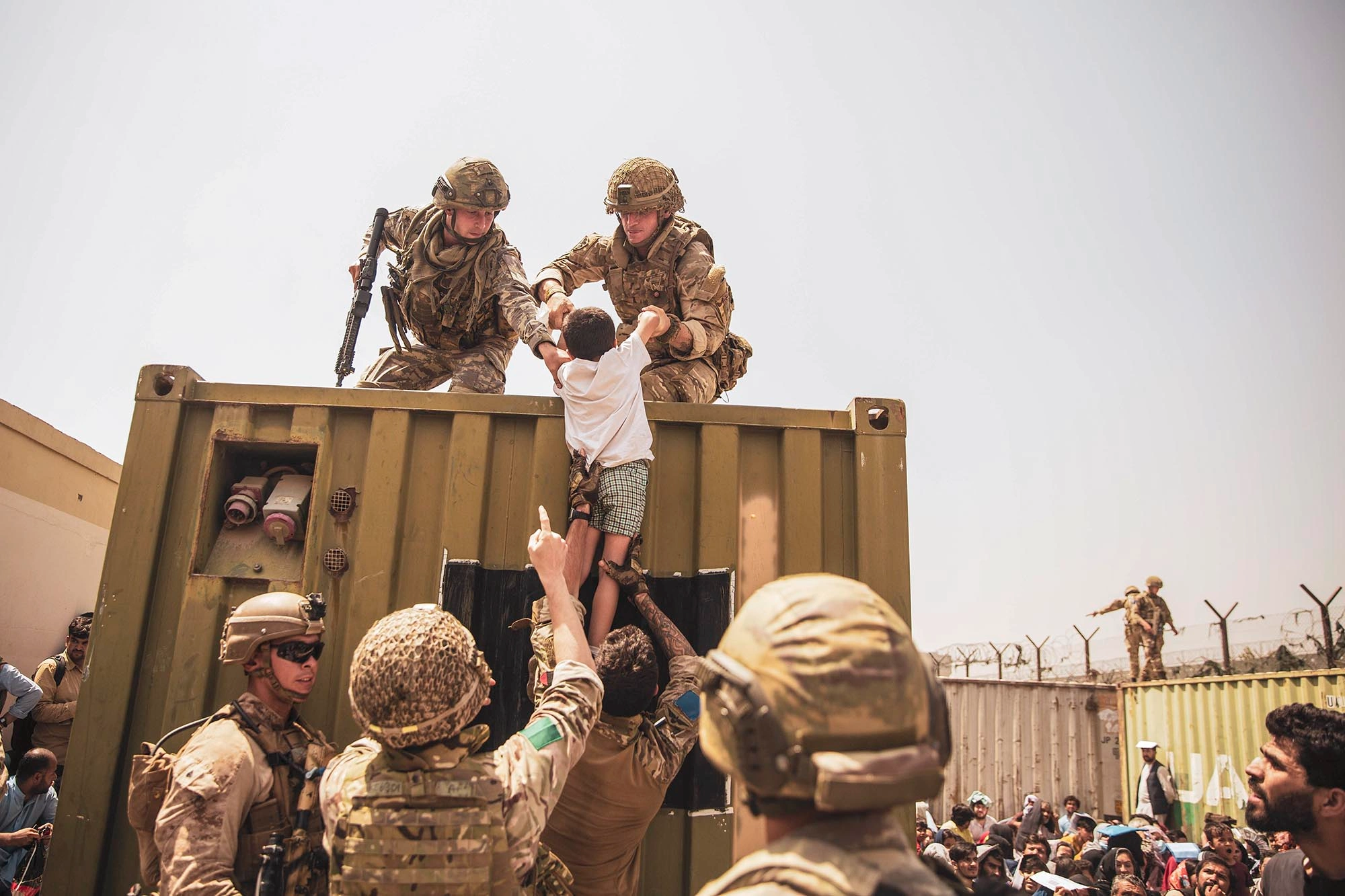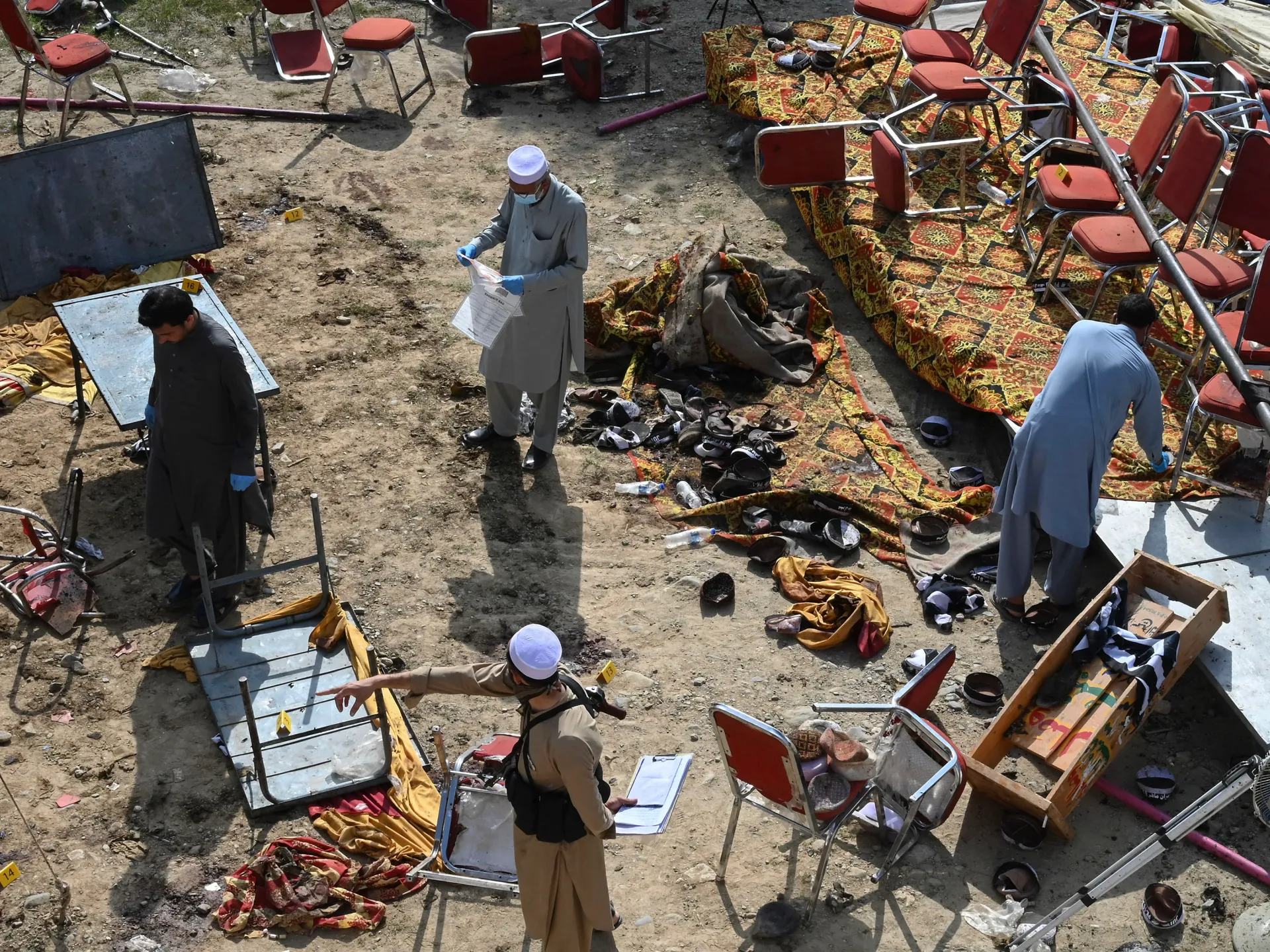The US needs help to deal with its Al-Qaeda and ISIS connections. The US reached out to Turkey for the help of another political transition in the Greater Middle East and in Afghanistan. Subsequently, after ten years the US tried to play a pioneering role in Turkey by launching its regime change project.
Most certainly, analogies in politics or diplomacy never hold 100% but their similarities are remarkable. In Syria, the plan involved the overthrow of President Bashar al-established Assad\’s government. Similarly, the agenda in Afghanistan is somehow to ease President Ashraf Ghani\’s elected government. Subsequently, to make it replenished by an interim administration which includes the Taliban militant Islamist group. Technically, both circumstances are reduced to jihadi groups that mask themselves as \’liberation movements.
Turkey’s Support for ISIS and Al-Qaida
Furthermore, in Syria, Turkey provided logistics and support to jihadis to join the country. These also included medical assistance for the horrendous war on Assad.
The fact that Turkey has mentored the ISIS and al-Qaeda executives is undeniable. A CNN shipment in Turkey, November 2013, noted that \”it is extraordinary to watch the international traffic volume from countries with a confirmed and consistent NATO membership presence in al-Qaeda\”. Many of these devout Muslims feel that they will be part of the final battle. Known as the al-Sham, the final battle marking the end of the world. The battle will occur in Syria, as believed. The recruits are ecstatic; as they never thought this final battle would come in their life.
America\’s Major Concerns in Syria
By the same token, this unholy alliance in Syria between the United States and Turkey on one hand, and ISIS and al-Qaeda on the other, was repeatedly called the attention of Russia and Iran. Curiously, even today this unholy covenant continues.
In March, the last year al-Qaeda openly commended the Turkish President Recep Tayyip Erdogan and his government. The Government stood up for al-Qaeda. Along with them, other jihadi organisations were also seeking to overthrow Syria\’s secular government. Al-Nusra is the name of their largest branch. The organization now calls itself Hay\’at Tahrir al-Sham (HTS).
In an interview on the 8th of March 2021, American ambassador James Jeffrey expressed his views regarding HTS. He stated that the northwest province in Syria along the border with Turkey, HTS was \’an asset\’ to the US strategy.
Besides, as Jeffrey puts it, HTS \”is the least bad choice for the different Idlib options\”. Further adding that Idlib is one of the most significant places in Syria, and the most important in the Middle East right now.





